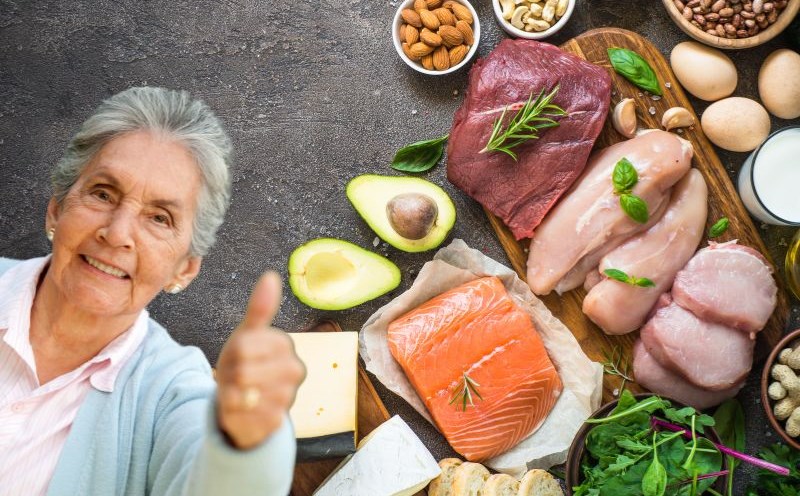According to Dr. Indrani Salunkhe, Obstetrician and Gynecologist, Wockhardt Hospital, Mumbai Central (India), protein is an important nutrient during pregnancy, playing a vital role in the growth and development of both mother and baby. Protein is essential for building tissues, muscles, enzymes and hormones. As the baby grows, the need for protein increases, especially during the second and third trimesters.
Daily protein intake during pregnancy
Protein needs increase significantly during pregnancy, especially as you enter the second and third trimesters when your baby grows rapidly.
“Pregnant women typically need about 70-100 grams of protein per day,” says Dr. Salunkhe. “However, this need can vary depending on your pre-pregnancy weight, activity level, and stage of pregnancy.”
During the first trimester, protein needs are slightly lower, with most experts recommending around 60 grams per day. As your pregnancy progresses into the second and third trimesters, this increases to around 80-100 grams per day to support the growing needs of your baby and your tissues.
Why is protein important during pregnancy?
“Protein is important for your baby’s development as it helps form essential organs, muscles and the brain. As your baby’s body grows, protein supports tissue growth, ensuring your baby is strong and healthy,” explains Dr Salunkhe. It also plays a role in the development of the placenta, the organ that nourishes your baby throughout pregnancy.
But the benefits of protein don’t stop with the baby. It also plays an important role in boosting the mother’s health. Your body produces more blood during pregnancy to deliver oxygen and nutrients to your baby. Protein helps build new tissues in your body.
Balance protein with other nutrients
While protein is essential, it is not the only nutrient you need to focus on during pregnancy. A well-rounded diet that includes carbohydrates, fats, vitamins and minerals is important for your overall health and your baby's development.
Carbohydrates: These provide the energy your body needs to support pregnancy and should make up a significant portion of your daily intake.
Healthy fats: Omega-3 fatty acids found in fish, flaxseeds and walnuts are especially important for your baby's brain development.
Vitamins and minerals: Nutrients such as folic acid, iron and calcium play an important role in preventing birth defects, ensuring proper blood flow and supporting the development of strong bones.











